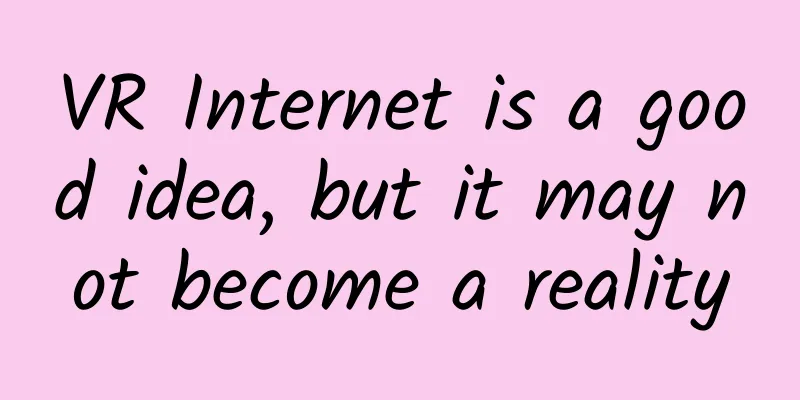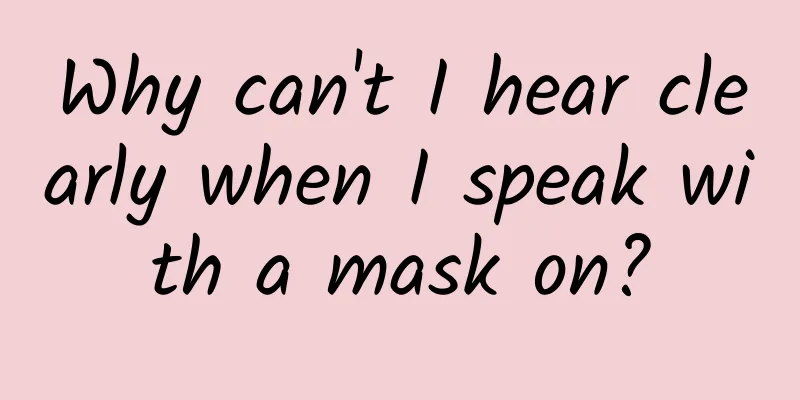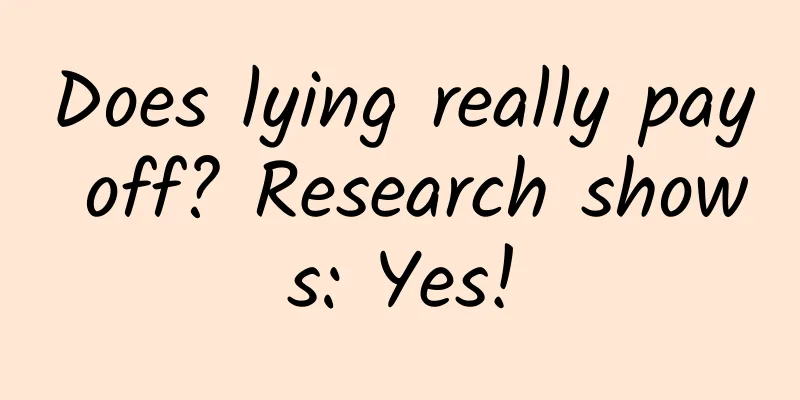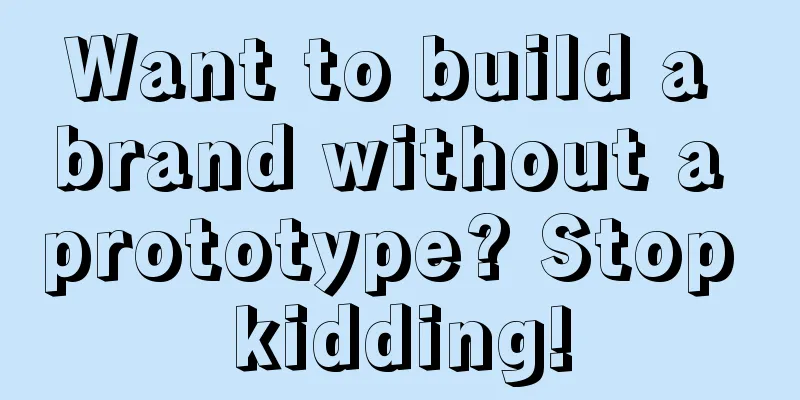VR Internet is a good idea, but it may not become a reality

|
With the launch of several mainstream VR devices, virtual reality has finally come to the public. It will not only change the way people play games, but will also gradually affect many fields such as social interaction, education, and tourism. So, will the Internet we are familiar with also be changed by VR? An article on the Fastcodesign website explores the possibility of VR Internet. If you own a VR device, you can already experience the VR Internet. This is because Mozilla developed the WebVR standard. Through it, ordinary web pages can also be transformed into 3D scenes. Because WebVR works well, it quickly became an industry standard. However, for now, WebVR web pages do not provide a very good experience, and it is not the same as the "Internet" you imagine. Some major websites do not use WebVR technology, and even if some websites use this technology, VR is just a separate technical demonstration, not connected to other websites with hyperlinks. Casey Yee, one of the developers of WebVR, explained that it will take a long time to turn these demonstrations into a real, interconnected network, and without more people participating, the VR Internet will never be realized. Currently, the Internet has a set of mature metaphors, such as web pages, hyperlinks, videos, and so on. When developing the VR network, developers simply transferred these metaphors to the VR platform. Therefore, when you browse VR websites, you will not feel too unfamiliar, but after the novelty, you will feel disappointed. The VR Internet should provide a different experience. "The question we are thinking about is, what should the links in VR look like? Web links are text with blue underlines, which is the standard form. But what should it look like in VR?" Yee said, "Is it a transfer portal? Is it a box next to the item? Do you want to walk into it? Touch it? In this regard, we have all kinds of questions." From 2D web pages to 3D VR interfaces, web developers need to cross a big gap. "When we first developed WebVR products at Mozilla, people thought we were crazy. They didn't understand why we were working on the VR Internet. They imagined that browser tabs would float in front of you. That's what people thought at the time," Yee said. "You have to explain that that's not what it will look like in the future. If you want to see the 2D web in front of you, you'd better use a tablet or a laptop. In the VR Internet we imagine, you're not browsing the web, you're in it. That's a wonderful experience." The Mozilla team launched a platform called A-Frame to help web developers who know HTML and CSS but have not yet learned 3D modeling and OpenGL. However, even with such tools, developers still have a lot to learn, such as game design, sound design, experience design, and so on. If a large number of web developers are ready, will the VR Internet be realized? This is also an unknown. The problem is that the Internet we are familiar with is disappearing on a large scale. "Many companies, such as Google and Apple, have their own ecosystems. And they want local applications because they can control the entire value chain," Yee said, "but the Internet is much more open." As a result, we gave up open news and turned to personalized algorithmic recommendations on social networks; we gave up open software and turned to the tightly controlled app markets of Apple and Google. Today, the driving force for building a VR Internet is not strong anymore. In the future, the VR Internet may just be a product controlled by a few large technology companies. As a winner of Toutiao's Qingyun Plan and Baijiahao's Bai+ Plan, the 2019 Baidu Digital Author of the Year, the Baijiahao's Most Popular Author in the Technology Field, the 2019 Sogou Technology and Culture Author, and the 2021 Baijiahao Quarterly Influential Creator, he has won many awards, including the 2013 Sohu Best Industry Media Person, the 2015 China New Media Entrepreneurship Competition Beijing Third Place, the 2015 Guangmang Experience Award, the 2015 China New Media Entrepreneurship Competition Finals Third Place, and the 2018 Baidu Dynamic Annual Powerful Celebrity. |
Recommend
3 ways to play, 4 key points, revealing the operation routine of the big wheel lottery event
The roulette wheel lottery is one of the activity...
Can foodies eat up all the invasive species? Don't overestimate the ability of foodies
Recently, the topic of invasive species has frequ...
The "Kappa duck" that lays eggs and produces milk is blocked by the dam
The platypus is probably one of the most bizarre ...
All the information flow advertising optimization tips you want are here!
Account optimization refers to the process of con...
Why should we pay attention to rare diseases? The significance is more than just "curing diseases and saving lives"!
Today is the 17th International Rare Disease Day....
Analysis of the Douyin app operation and promotion plan!
Short videos have become the hottest track in rec...
Translation Master: Where there is passion, there is a subtitle group
"The era that needed Sagittarius.com has gon...
Get the App information you want through PackageManager!
[[207610]] 1. Introduction Let's get straight...
The east wind is blowing for Changan, and the automobile enterprise aircraft carrier is sounding the whistle and setting sail. Who will be the next wave of automobile companies to be integrated?
At the beginning of 2025, the "east wind&quo...
How much does it cost to customize a mechanical equipment mini program in Chuxiong?
How much is the quotation for customized Chuxiong...
How can we prevent cancer before it happens?
Regarding tumors, although early diagnosis and ea...
How to sell products through live streaming on Xiaohongshu!
Live streaming sales has been really popular rece...
Will Apple disrupt carriers with virtual SIM cards?
As September approaches, news about the new gener...
How can programmers achieve "fast programming speed and few bugs"?
[[131966]] A netizen asked on Quora: How can I tr...
What happened to Apple Pay’s promise of “one-third of the payment world” in its first 100 days in China?
"Since I started using Apple Pay, I only hav...









